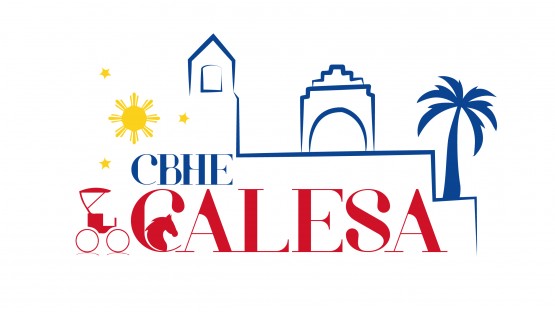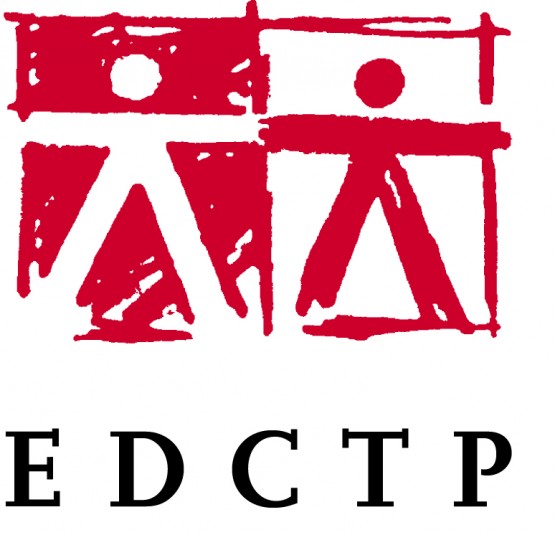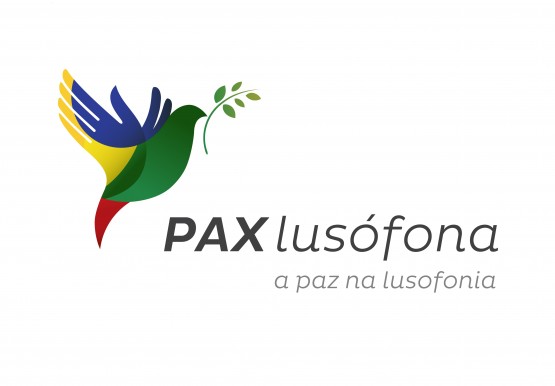As organised crime networks operate across borders, use legal loopholes and advanced technology, it is notoriously difficult to detect and trace hidden and illicit money flows. In TRACE, partners will co‐create innovative data management solutions combined with AI analytics to enhance the capabilities of law enforcement agencies in tracing and recovering illicit money flows and generating court‐proof e‐evidence.
- 3 de December, 2021
- 0 Comment
The objective of CALESA is to help solve the following interdependent problems in Philippine legal education:
1. The dearth of academic research in law schools.
2. The inability of faculty and students to access source materials from their own civil law tradition, and the evolution of other civil law traditions due to poor interest and multilingual skills.
3. The inability of the legal profession to contribute significant academic (as opposed to professional) expertise to the modernisation of outdated legal codes, the protection of human rights and the rule of law, and the advancement of ASEAN integration, despite its critical and/or geostrategic importance.
- 1 de January, 2020
In the last decade, Lusophone Africa countries, like other African countries, have seen an increase in medical research, which has led to the establishment of Bioethics Committees (BoCs) in Universities, Research Centres and Ministries of Health. However, the BoCs in Lusophone countries still lack training in bioethics, and as the main educational resources in this area are only available in English, they are not accessible in these countries.
Being aware of these challenges, and while recognising that strengthening CoBs should be primarily a national issue, much can be gained through the establishment of an institutional network. Accordingly, the National Bioethics Committee for Health in Mozambique, the Faculty of Medicine at the University Eduardo Mondlane and its institutional Bioethics Committee, the Faculty of Medicine at the University Agostinho Neto and its Bioethics Committee, the University of Cape Verde, the NOVA Institute of Hygiene and Tropical Medicine and NOVA School of Law have established a north-south consortium to strengthen the bioethics framework for clinical trials and health research in Lusophone African Countries (LAL).
- 27 de April, 2018
The programme provides full funding for the mobility of students who wish to undertake their postgraduate studies in one of the African partner universities and aims to create a teaching network that promotes the creation of synergies, creating opportunities within the African continent. PaxLusófona also seeks to allow, through the respect for the historical and cultural identity of the countries involved, the exchange of experiences and knowledge, the creation of new approaches and research methodologies in the countries involved, the training of professionals with a high quality academic offer, through participative education, the development of critical awareness, the encouragement of social participation and environmental sustainability as a factor for development and stability.
- 27 de November, 2017












